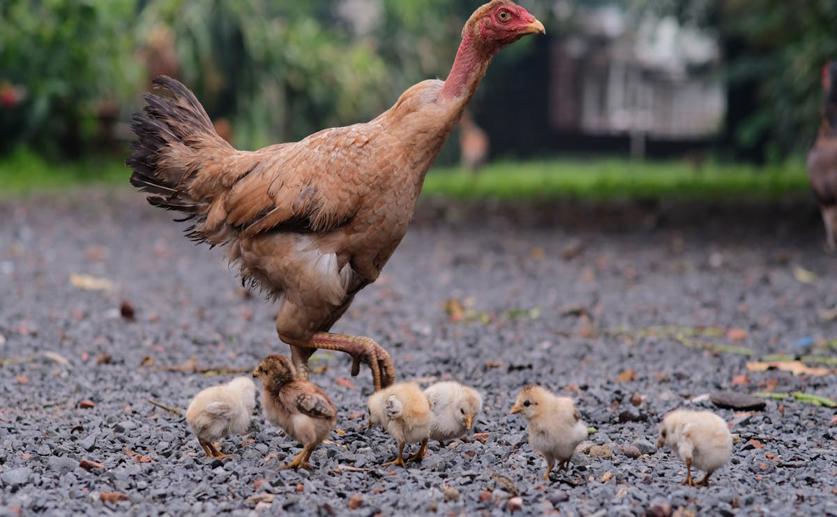
Preventing and Treating Chicken Parasite Infections with Rosemary Extract
Jim Crocker
18th March, 2024

Image Source: Nguyen Huy (photographer)
Key Findings
- Study at Kafrelsheikh University finds rosemary extract and chitosan nanoparticles reduce coccidiosis in chickens
- These additives decreased the disease-causing oocysts and improved gut health
- They also helped modulate the chickens' immune response, reducing inflammation
References
Main Study
1) Prophylactic and Therapeutic Efficacy of Ultrasonicated Rosmarinus officinalis Ethanolic Extract and its Chitosan-Loaded Nanoparticles Against Eimeria tenella Infected Broiler Chickens.
Published 16th March, 2024
https://doi.org/10.1007/s11686-024-00793-3
Related Studies
2) Anticoccidial activity of natural plants extracts mixture against Eimeria tenella: An in vitro and in vivo study.
3) Effects of rosemary extract supplementation in feed on growth performance, meat quality, serum biochemistry, antioxidant capacity, and immune function of meat ducks.
4) In Vitro Study to Evaluate the Efficacy of Ultrasonicated Ethanolic Extract of Rosmarinus officinalis and its Chitosan-Based Nanoparticles Against Eimeria tenella Oocysts of Chickens.



 11th March, 2024 | Jim Crocker
11th March, 2024 | Jim Crocker